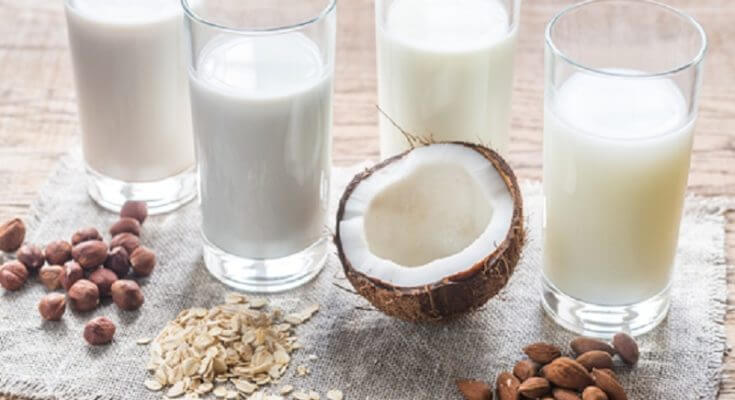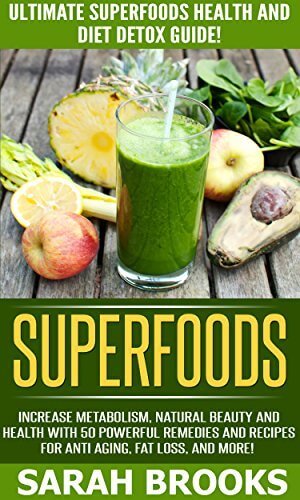When going to the supermarket, it can be daunting trying to work out which type of milk is ‘better’ for you, especially with so many options available. Of course, there’s the typical cow’s milk, but now there are many alternatives including almond, soy, oat and rice milk.
So, which milk is best for you? The experts at House Call Doctor have put together everything you need to know for your next grocery shop.
Almond milk
Almond milk is a favourite for many lactose-intolerant people as it’s a dairy-free milk. This is created by toasting and grinding crunchy almonds, then blending them with water. The result is a milk with a creamy texture, yet nutty taste.
Almond milk includes magnesium, selenium and vitamin E which all help to improve the health of your bones. Along with this, they provide antioxidants which can help your metabolism and immune system.
Not only is almond milk an alternative for those who are lactose-intolerant, it’s also low in sodium and can be a great option for people trying to maintain a healthy heart.
Cow’s milk
There are many options of cow’s milk available, including low fat, whole milk, two percent fat and skim. Some health benefits of milk include a high amount of protein, calcium and vitamin B12. In fact, according to Mother Nature Network, cow’s milk contains all the essential amino acids the body requires and it provides 29 per cent of the daily recommended intake of calcium.
Oat milk
Oat milk originally comes from Sweden, but is slowly gaining popularity for consumers in other countries including the United States and Australia. A common reason for this is that it’s quite easy to make at home with oats and water. Health benefits of oat milk include high amounts of soluble fibre, beta-glucans (otherwise known as sugars typically found in oats to help boost the immune system) and vitamin B.













